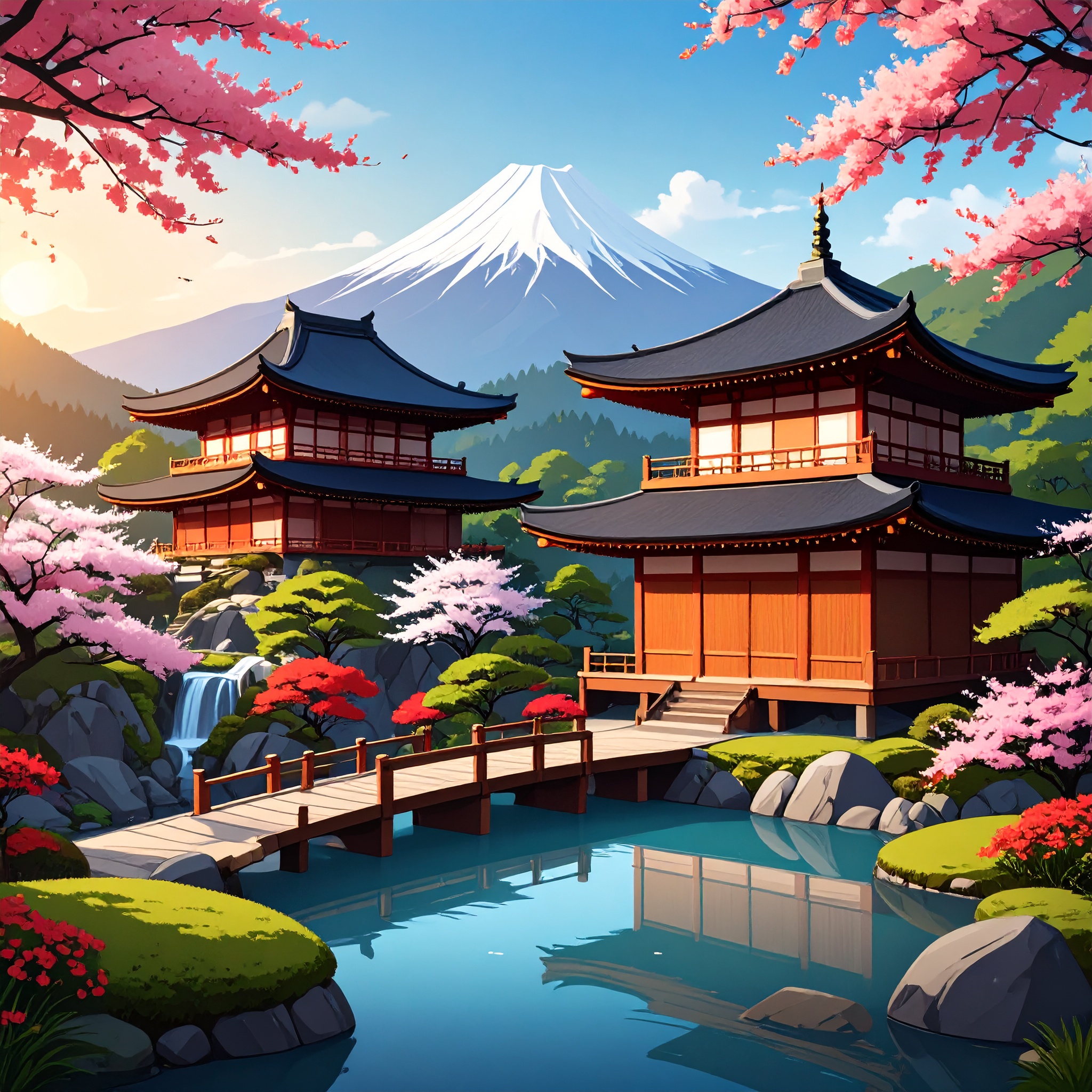“Wait, this is ¥100,000?”
That was the surprised reaction of a global luxury traveler—accustomed to Dubai’s five-star opulence—upon checking into a centuries-old ryokan in Kyoto.
No grand lobby. No infinity pool. No sleek cocktail lounge. And yet, it left a quiet, yet profound impression deep within.
Today, Japan’s pricing is no longer being discussed among the global elite in terms of “affordability.” Instead, it is increasingly understood through the lens of immersive depth and experiential richness.
In this article, we compare Japan’s luxury stays with their international counterparts at similar price points—and explore why Japan delivers fulfillment that far exceeds cost.
■ The Question Is No Longer “What Does ¥100,000 Buy?”—But “What Do You Seek From It?”
In Dubai, ¥100,000 can take you into the realm of Burj Al Arab opulence:
-
A palatial bed fit for royalty
-
Chandeliers overhead
-
Gold-plated fixtures adorning the bathroom
In contrast, at a luxury hotel near Kyoto’s Nanzen-ji Temple, the same amount offers:
-
The subtle aroma of tatami
-
A seasonal kaiseki meal crafted with poetic precision
-
Moments of absolute silence
-
The sound of rain falling gently in a private garden
On the surface, Dubai charges for features. Kyoto invites you to pay for atmosphere.
But if the true essence of travel lies in restoration and sensory renewal, then perhaps a hotel in Japan is not only the more luxurious choice—it is the more essential one.

■ By the Numbers: A Global Comparison of Luxury Hospitality
| City | Average Rate (Suite or Premium Room) | Included Experiences |
|---|---|---|
| Dubai | ¥100,000–¥150,000 | Bold spatial design, white-glove service, lounges, chauffeured cars |
| Paris | From ¥120,000 | Historic architecture, curated art, Michelin-starred dining |
| Hong Kong | ¥90,000–¥140,000 | Skyscraper hotels with iconic views over Victoria Harbour |
| Kyoto | ¥80,000–¥120,000 | Private kaiseki dinners, tsuboniwa gardens, tatami rooms, silence, omotenashi hospitality |
It’s precisely this incomparable refinement that continues to captivate the world’s most discerning travelers.
■ What Global Affluent Travelers Say About Japan’s One-of-a-Kind Luxury
-
Hong Kong Entrepreneur (40s):
“The moment I stepped into the room, the sound disappeared. It was a silence I’ve never experienced in Dubai or New York.” -
Thai Actress (30s):
“The miso soup and white rice served at breakfast… it tasted impossibly refined. I remember thinking, even at ¥100,000, this feels underpriced.” -
Singaporean Investor:
“The service was nearly silent, yet flawless. It didn’t feel like ‘hospitality’—it felt like culture expressed through every gesture.”
■ Value in Density, Not Discount: Japan’s Luxury Advantage
Amid a favorable yen exchange rate, Japan may appear “affordable” to global high-net-worth individuals.
But the real value lies not in cost savings, but in the intensity of the experience relative to the price.
-
At the same ¥100,000: are you simply spending—or creating something unforgettable?
-
How deeply are you moved by gestures and spirit that require no words?
-
Can you feel not just the architecture or cuisine, but the philosophy embedded in the space itself?
These are part of daily life in Japan.

■ What Are You Really Willing to Pay For?
With ¥100,000, you can enjoy a luxurious experience almost anywhere in the world.
But how many places allow you to spend that sum on something rarer—a space where time slows down, the senses awaken, and the mind becomes still?
Japan is now redefining luxury for the global elite. It is no longer about opulence—it is about paying for quietude, refinement, and aesthetic consciousness.




